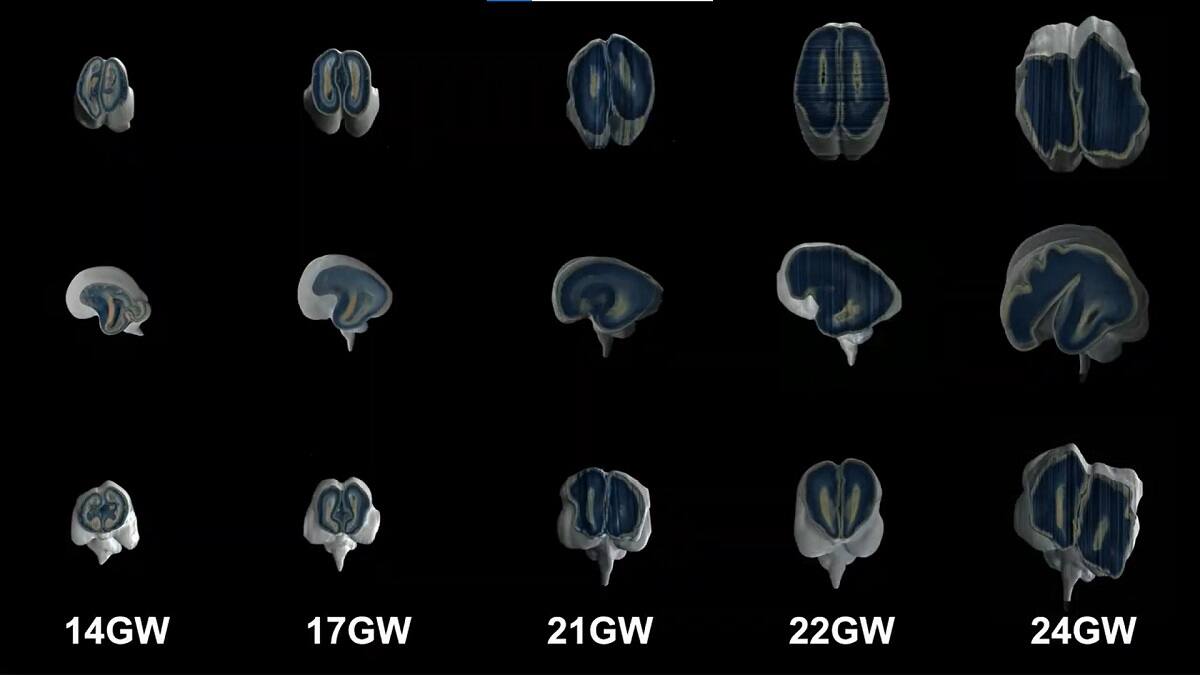IIT Madras unveils world’s first detailed 3D high-resolution images of human fetal brain
Anu Parthiban | December 10, 2024 | 02:20 PM IST | 2 mins read
5,132 brain sections were digitally imaged at cell-resolution using cutting-edge brain mapping technology by the IIT Madras researchers.

NEW DELHI: Breaking new ground, Indian Institute of Technology Madras (IIT Madras) has become the first research organization in the world to release the most detailed 3D high-resolution images of the fetal brain. The images was developed by Sudha Gopalakrishnan Brain Centre researchers at IIT-M using brain mapping technology.
“For the first time in the world, 5,132 brain sections were digitally imaged at cell-resolution using cutting-edge Brain Mapping Technology…This pioneering work from the Sudha Gopalakrishnan Brain Centre of IIT Madras pushes the frontiers of Brain Mapping Technology and places India in the global league of brain mapping science as this is first-of-its-kind work anywhere in the world,” the institute said.
The research findings has been accepted as a Special issue by Journal of Comparative Neurology, a century-old peer-reviewed systems neuroscience journal. The data set called ‘Dharani’ has also been made available, free of cost, for all researchers world-wide. The institute said that the research work will help advance the field of neuroscience and develop treatment for brain-related health conditions.
“This monumental work is the first time such advanced human neuroscience data has been produced from India. The project was done at less than 1/10th of the costs in western countries,” it said.
The research was led Mohanasankar Sivaprakasam, head of IIT-M Brain Centre, and undertaken by a multidisciplinary team at IIT Madras with researchers from India, Australia, the US, Romania, and South Africa, and medical collaborations with Chennai-based Mediscan Systems and Saveetha Medical College Hospital.
This achievement is especially critical for India as the country accounts for nearly one-fifth of the world’s childbirths at 25 million each year, according to the United Nations International Children's Emergency Fund (UNICEF) data.
Elaborating on the importance of the findings, it said that the work will help understand the brain development from the fetus to a child, to adolescence, and to a young adult. It will also help in detecting and knowing more about the developmental disorders like learning disabilities and autism.
Follow us for the latest education news on colleges and universities, admission, courses, exams, research, education policies, study abroad and more..
To get in touch, write to us at news@careers360.com.